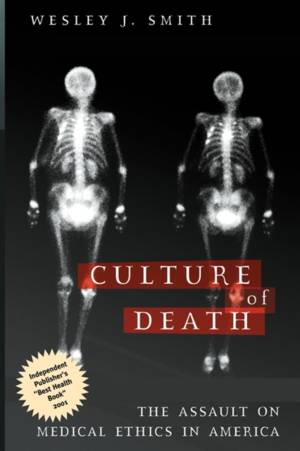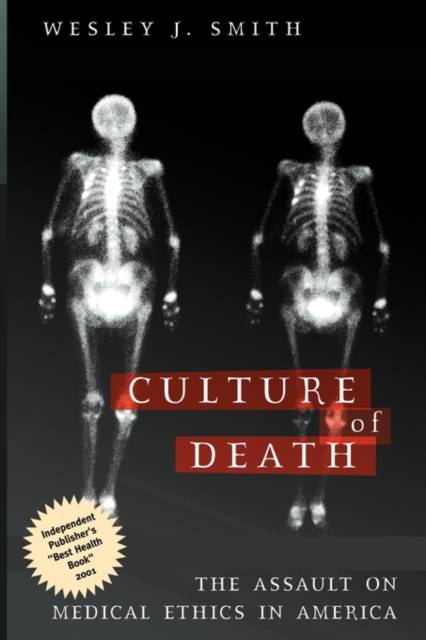
Bedankt voor het vertrouwen het afgelopen jaar! Om jou te bedanken bieden we GRATIS verzending (in België) aan op alles gedurende de hele maand januari.
- Afhalen na 1 uur in een winkel met voorraad
- In januari gratis thuislevering in België
- Ruim aanbod met 7 miljoen producten
Bedankt voor het vertrouwen het afgelopen jaar! Om jou te bedanken bieden we GRATIS verzending (in België) aan op alles gedurende de hele maand januari.
- Afhalen na 1 uur in een winkel met voorraad
- In januari gratis thuislevering in België
- Ruim aanbod met 7 miljoen producten
Zoeken
€ 23,95
+ 47 punten
Uitvoering
Prijzen
Omschrijving
When his teenaged son Christopher, brain-damaged in an auto accident, developed a 106-degree fever following weeks of unconsciousness, John Campbell asked the attending physician for help. The doctor refused. Why bother? The boy's life was effectively over. Campbell refused to accept this verdict. He demanded treatment and threatened legal action. The doctor finally relented. With treatment, Christopher's temperature subsided almost immediately. Soon afterwards he regained consciousness and today he is learning to walk again. This story is one of many Wesley J. Smith recounts in his groundbreaking new book, Culture of Death. Smith believes that American medicine "is changing from a system based on the sanctity of human life into a starkly utilitarian model in which the medically defenseless are seen as having not just a 'right' but a 'duty' to die." Going behind the current scenes of our health care system, he shows how doctors withdraw desired care based on Futile Care Theory rather than providing it as required by the Hippocratic Oath. And how "bioethicists" influence policy by considering questions such as whether organs may be harvested from the terminally ill and disabled. This is a passionate, yet coolly reasoned book about the current crisis in medical ethics by an author who has made "the new thanatology" his consuming interest.
Specificaties
Betrokkenen
- Auteur(s):
- Uitgeverij:
Inhoud
- Aantal bladzijden:
- 304
- Taal:
- Engels
Eigenschappen
- Productcode (EAN):
- 9781893554498
- Verschijningsdatum:
- 15/06/2002
- Uitvoering:
- Paperback
- Formaat:
- Trade paperback (VS)
- Afmetingen:
- 154 mm x 230 mm
- Gewicht:
- 453 g

Alleen bij Standaard Boekhandel
+ 47 punten op je klantenkaart van Standaard Boekhandel
Beoordelingen
We publiceren alleen reviews die voldoen aan de voorwaarden voor reviews. Bekijk onze voorwaarden voor reviews.











